Research direction/Mission:
We employ ultrasound and/or microfluidics based multi-disciplinary approach to assess cell mechanics and mechanotransduction, with emphasis on the mechanistic understanding of cellular responses to ultrasound stimulation. The general research goal is to understand and optimize non-invasive ultrasound-mediated cellular mechanotransduction (cellular control) toward safe and efficient drug delivery, and non-invasive neuromodulation.
I) Main Research Area 1: understand, develop and optimize ultrasound-based strategies for safe and efficient vascular modulation based on cellular mechanotransduction
A) elucidate the influence of ultrasound mediated calcium signaling for endothelial tight junction remodeling and paracellular transport; develop safe and efficient strategies (e.g., integrin-targeted microbeads) based on mechanosensitive pathway for reversible modulation of vascular permeability.
B) conventional long pulse vs. the emerging short-pulse ultrasound sequences for the efficiency-safety trade-off of BBB opening; providing rational framework for selecting optimal ultrasound protocols to maximize safety or efficacy for specific neurological applications.
II) Main Research Area 2: elucidate the mechanisms of low-intensity pulsed ultrasound (LIPUS) neuromodulation at the cellular and circuit levels.
A) Synaptic and Network Effects on Neurons: Investigating how LIPUS influences synaptic transmission and network activity in neuronal cultures.
B) Cell-Type-Specific Effects In Vivo: dissect the differential and state-dependent effects of LIPUS on astrocyte and neuronal calcium dynamics in the mouse cortex, explore the underlying glia mechanisms for ultrasound neuromodulation and develop strategies (astrocytes sonogenetics) for targeted modulation of neurological diseases associated with neuronal hyperactivity.
Recruiting
We are seeking motivated scientists to join us at all levels, including postdoc, research assistant and graduate student. A background on engineering ultrasound / neuroscience / mechanobiology / physiology /electric engineering / biomedical engineering/biophysics are all welcome. Self-motivated undergrad intern no less than 3 month are also welcome. PhD positions available. Please refer to the current openings for more details.
课题组长简介:李芬芳博士,2010年本科毕业于武汉大学,2015年于新加坡南洋理工大学取得博士学位,2015-2019年在美国杜克大学从事博士后科研工作。2019-2021年以LKC Dean’s Postdoc Fellow 任职于新加坡李光前医学院。2022年加入深圳湾实验室生物医学工程研究所,2025年10月转入深圳湾实验室分子生理学研究所,担任独立PI。长期从事超声生物物理和生物医学工程方向的研究,包括微泡动力学、细胞变形、声穿孔、声遗传、钙反应等力学信号转导。我们采用多学科方法研究细胞力学与机械转导,重点在于从机理层面理解细胞及机体对超声刺激的响应,以推动安全高效的药物递送及无创神经调控技术的发展。相关研究成果发表在本领域高水平国际期刊上,包括PNAS、Theranostics、Ultrasonics Sonochemistry、Biophysical Journal、Ultrasound in Medicine and Biology、Physical Review Fluids等。研究工作被Phys.org、The Medical News、Scitech Daily、EurekALert! 等科技媒体网站报道。回国后入选广东省珠江人才计划青年拔尖人才、深圳市特聘岗位及深圳市光明区巾帼文明岗,现承担国家及省部级项目4项。在2023年国际超声大会ICU、第11届世界华人生物医学工程协会(WACBE 2024)医学超声专题、第16届生物医学应用超声工程国际会议IC-UEBA2025做邀请报告,并担任国际会议分会场主席2次。近年为Theranostics、Ultrasound in Medicine and Biology、Biomicrofluidics杂志审稿人,担任Frontiers in Neuroscience 超声神经调控专题 Topic Editor,以及国际治疗超声研讨会ISTU 2024 student board faculty advisor。

2025-12-16

2025-12-16

2025-12-16


2025-11-17

2025-11-04

2025-09-29

2025-08-14

2025-07-31

2025-07-04

2025-06-18

2025-06-10

2025-06-04

2025-05-20

2025-05-17

2025-05-17

2025-05-16

2025-04-28

2025-04-23

2025-03-18

2025-01-23


2025-01-19

2025-01-23


2025-01-13

2024-12-25

2024-12-25


2024-12-03

2024-11-29

2024-12-25

2024-11-22

2024-11-07

2024-12-25


2024-09-23


2024-08-31


2024-08-23

2024-08-23


2024-08-23

2024-12-25

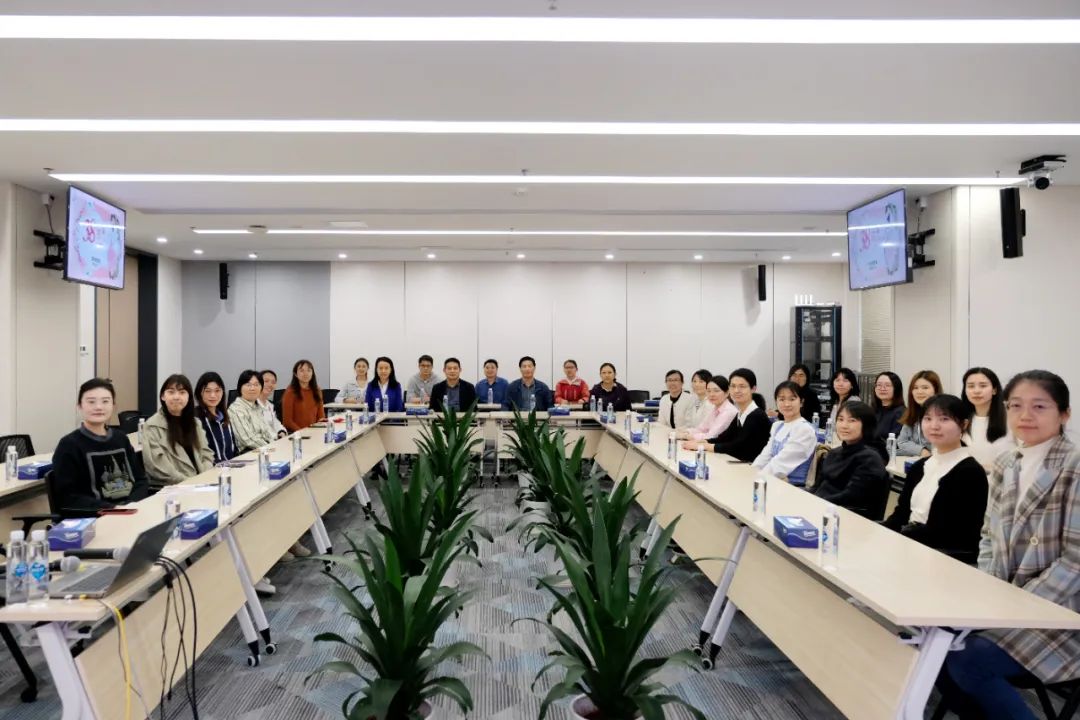
2024-03-13

2024-12-25

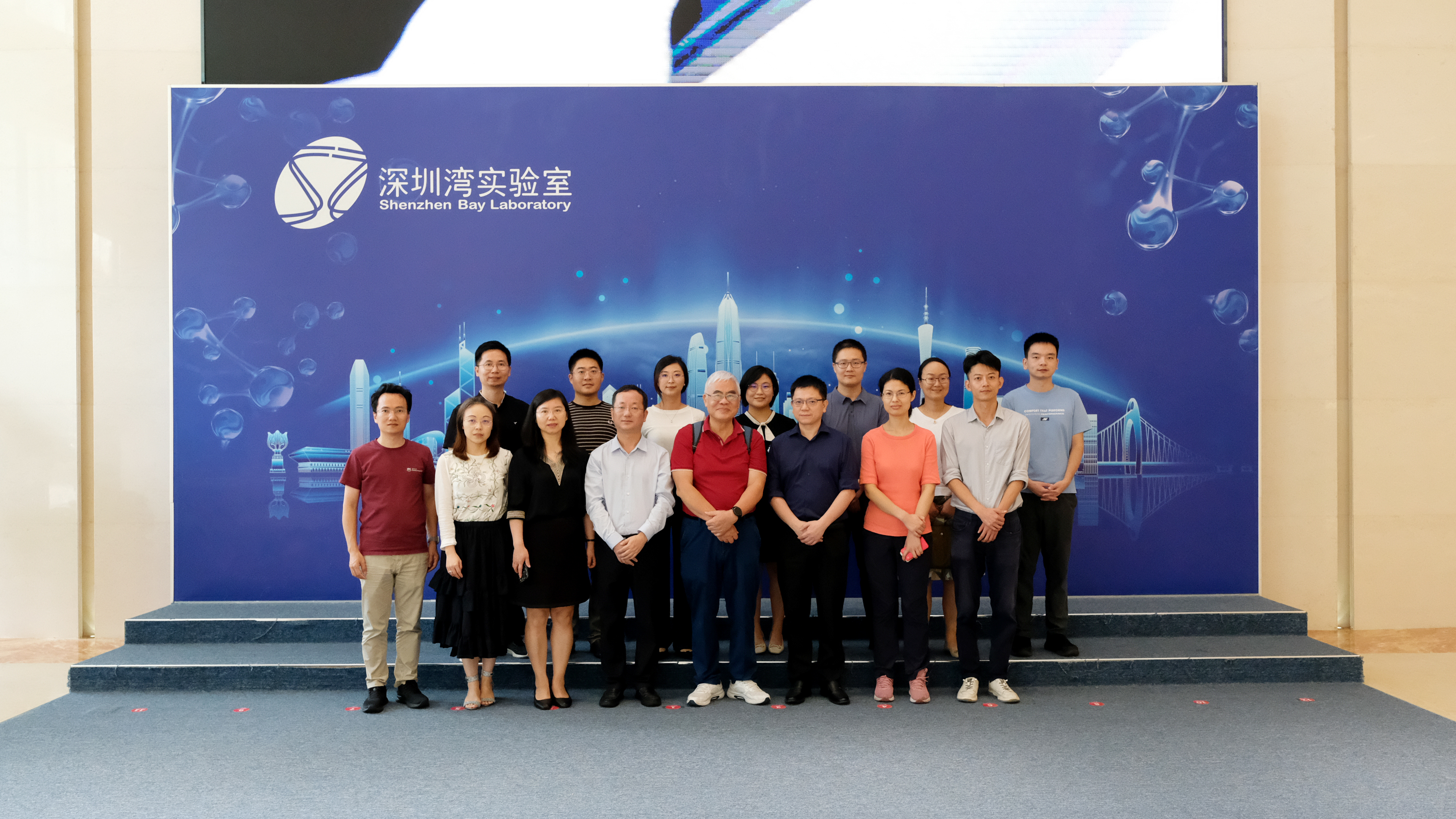
2023-09-23

2024-12-25


2023-09-10

2023-09-10

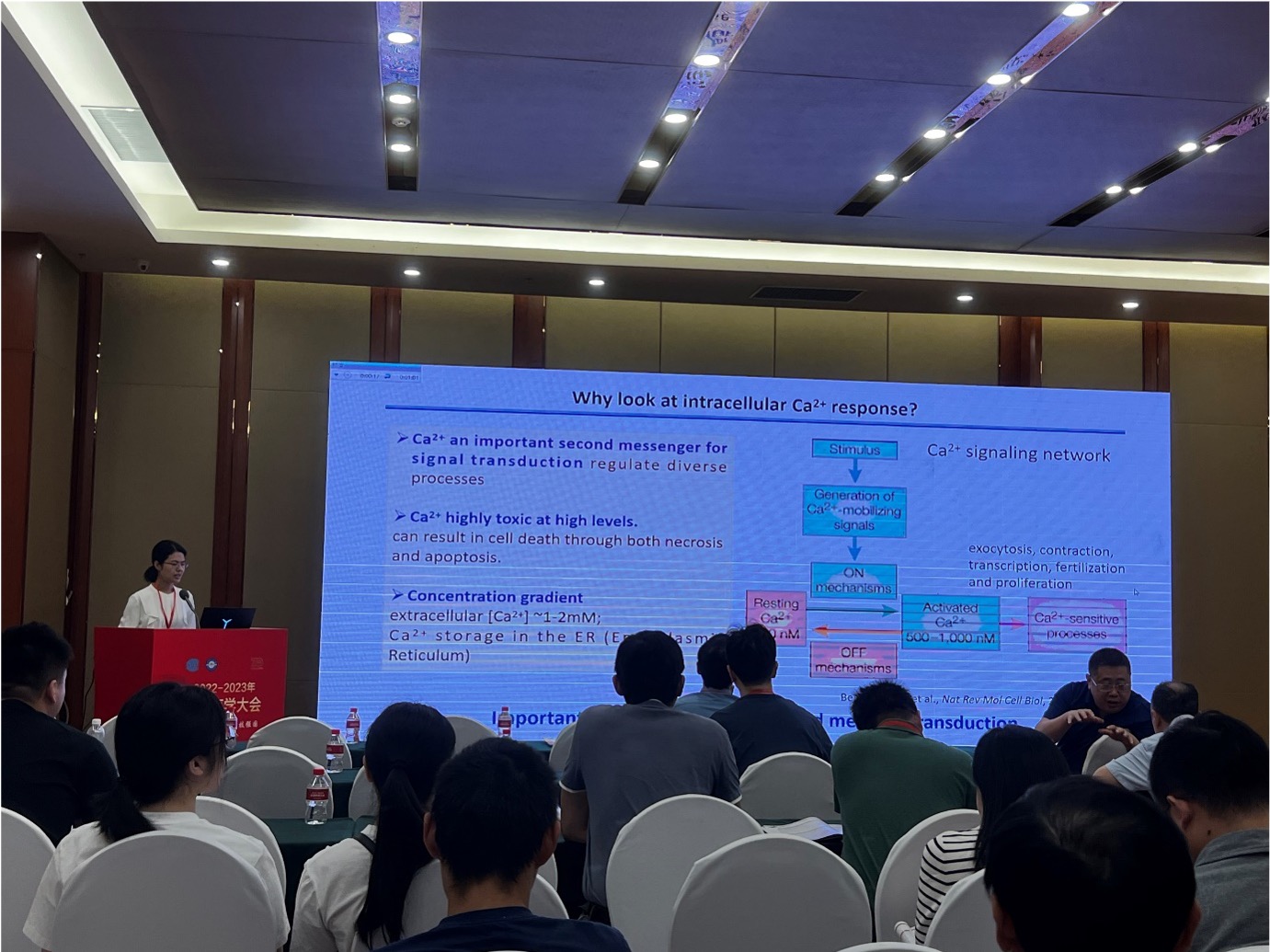
2023-09-10

2023-05-07

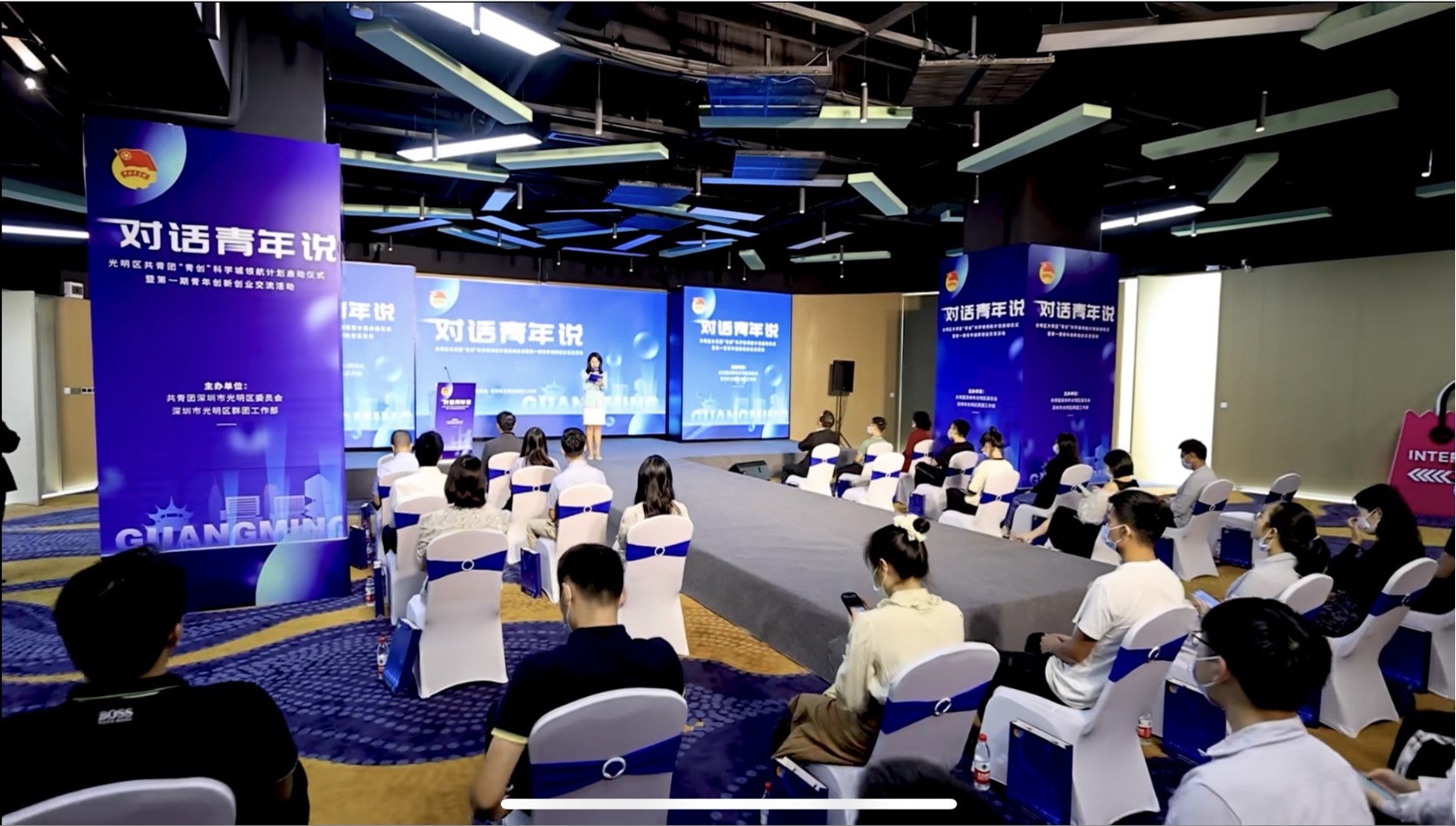
2023-09-10

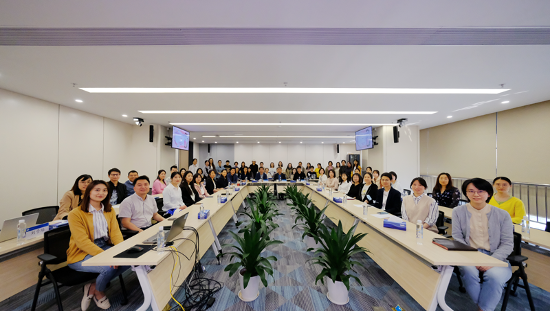
2023-09-10

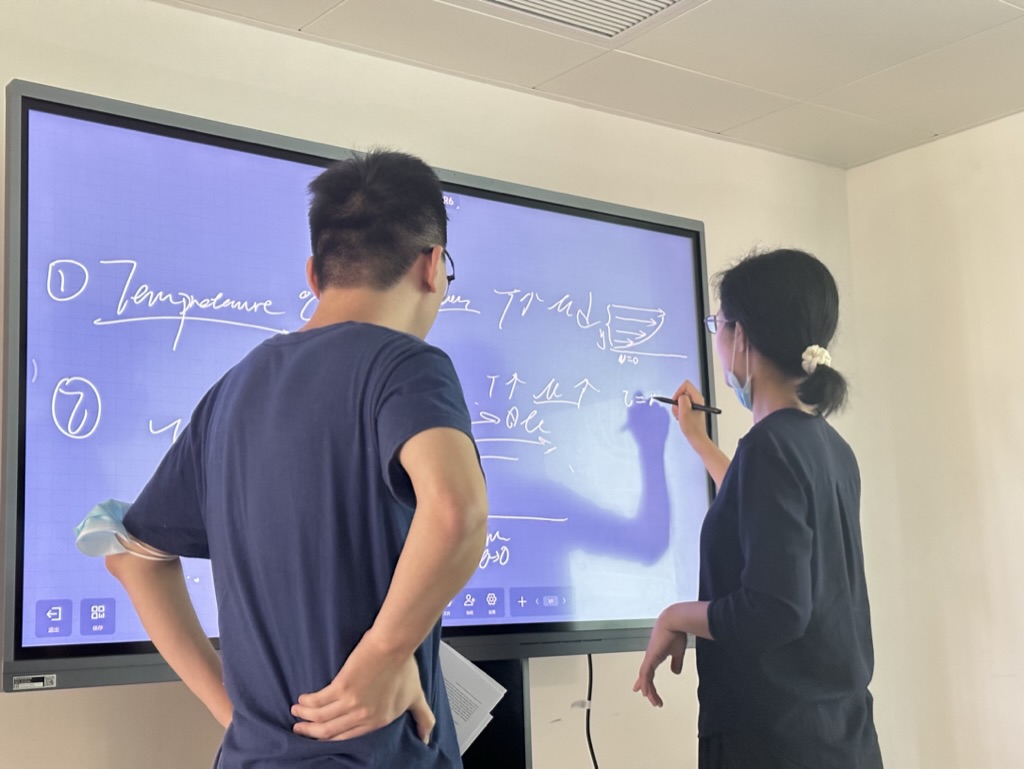
2023-06-21

2023-04-06

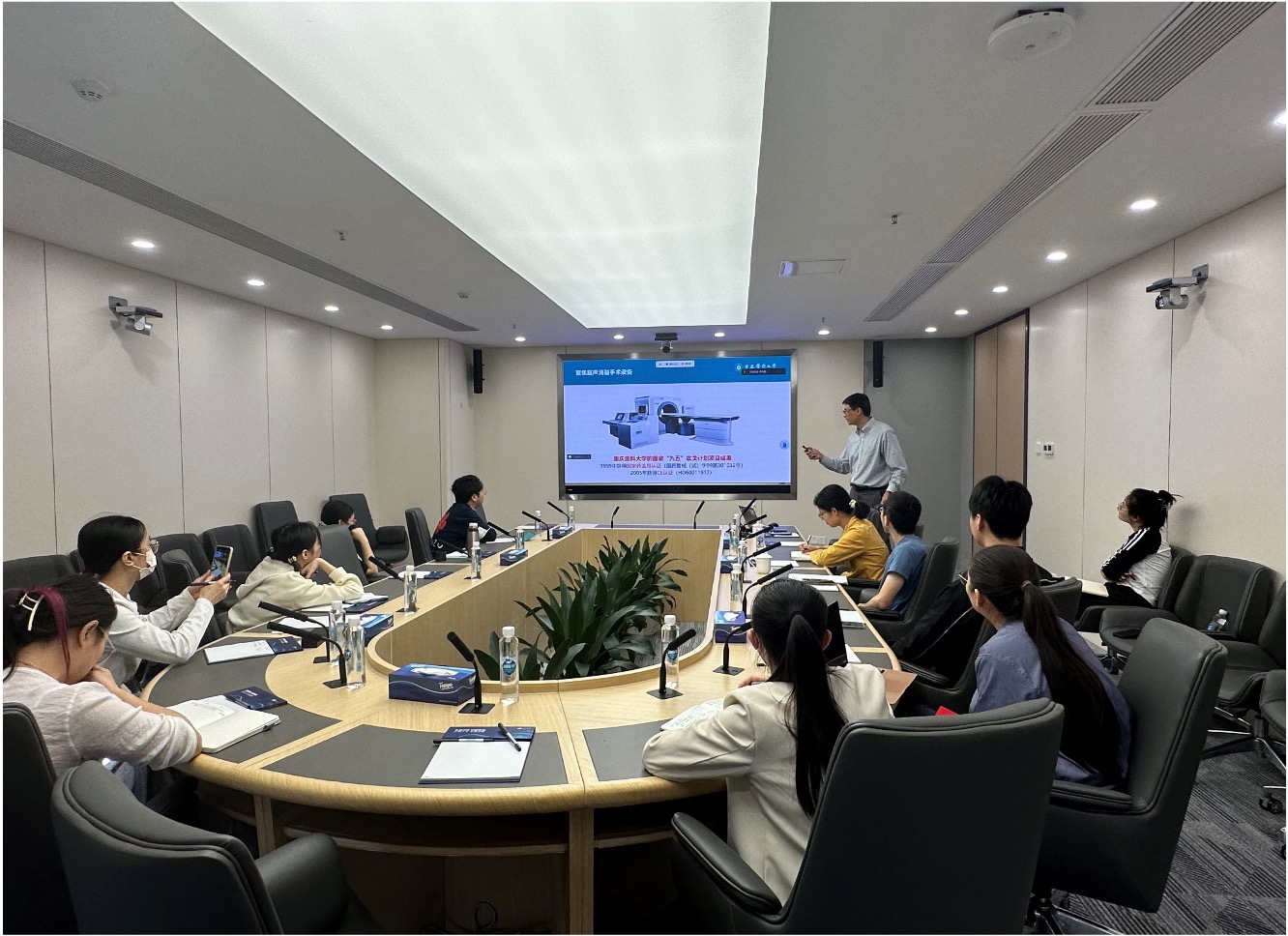
2023-09-10

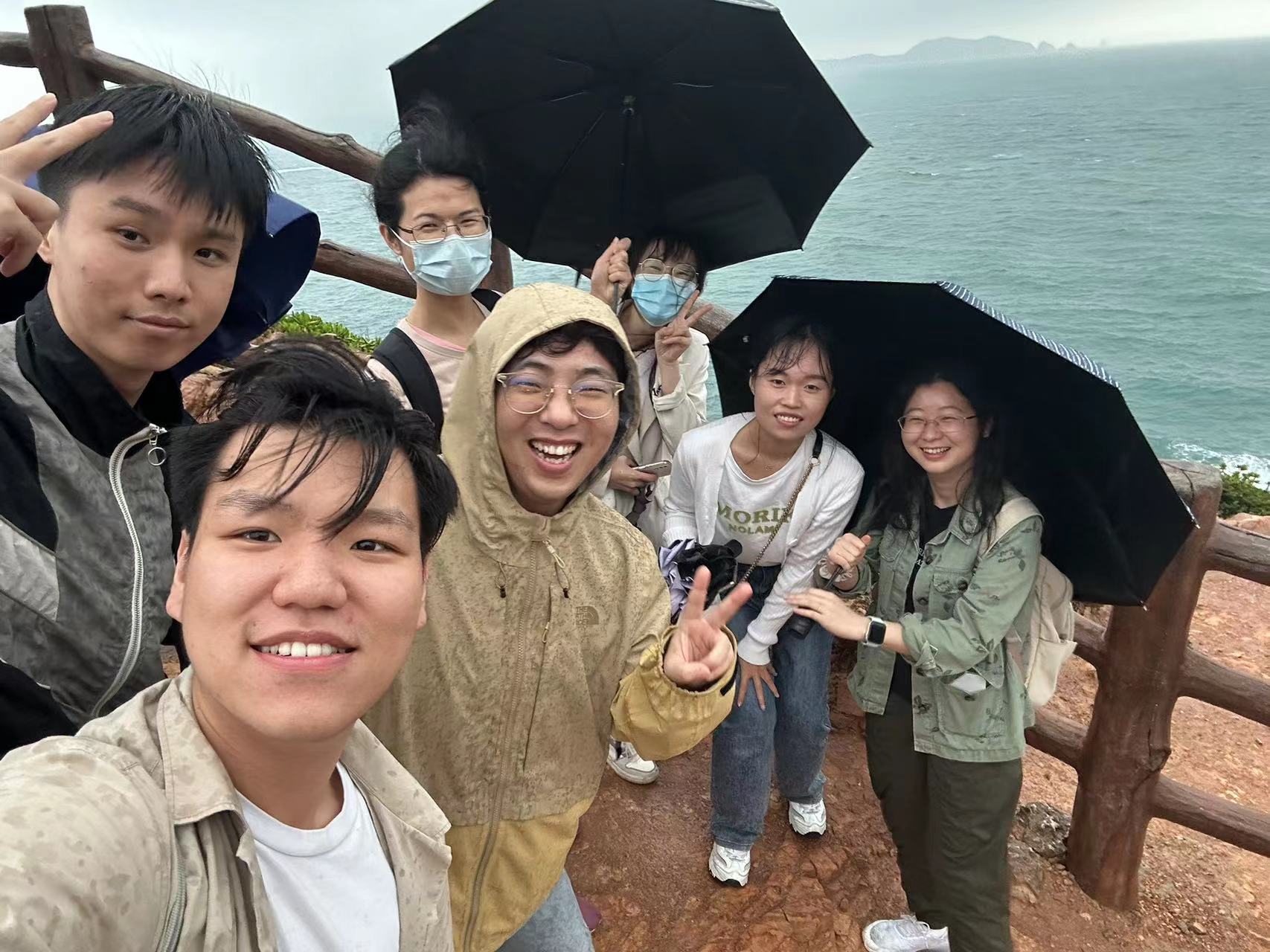
2023-04-06

2023-03-26

2023-02-13

2023-02-13

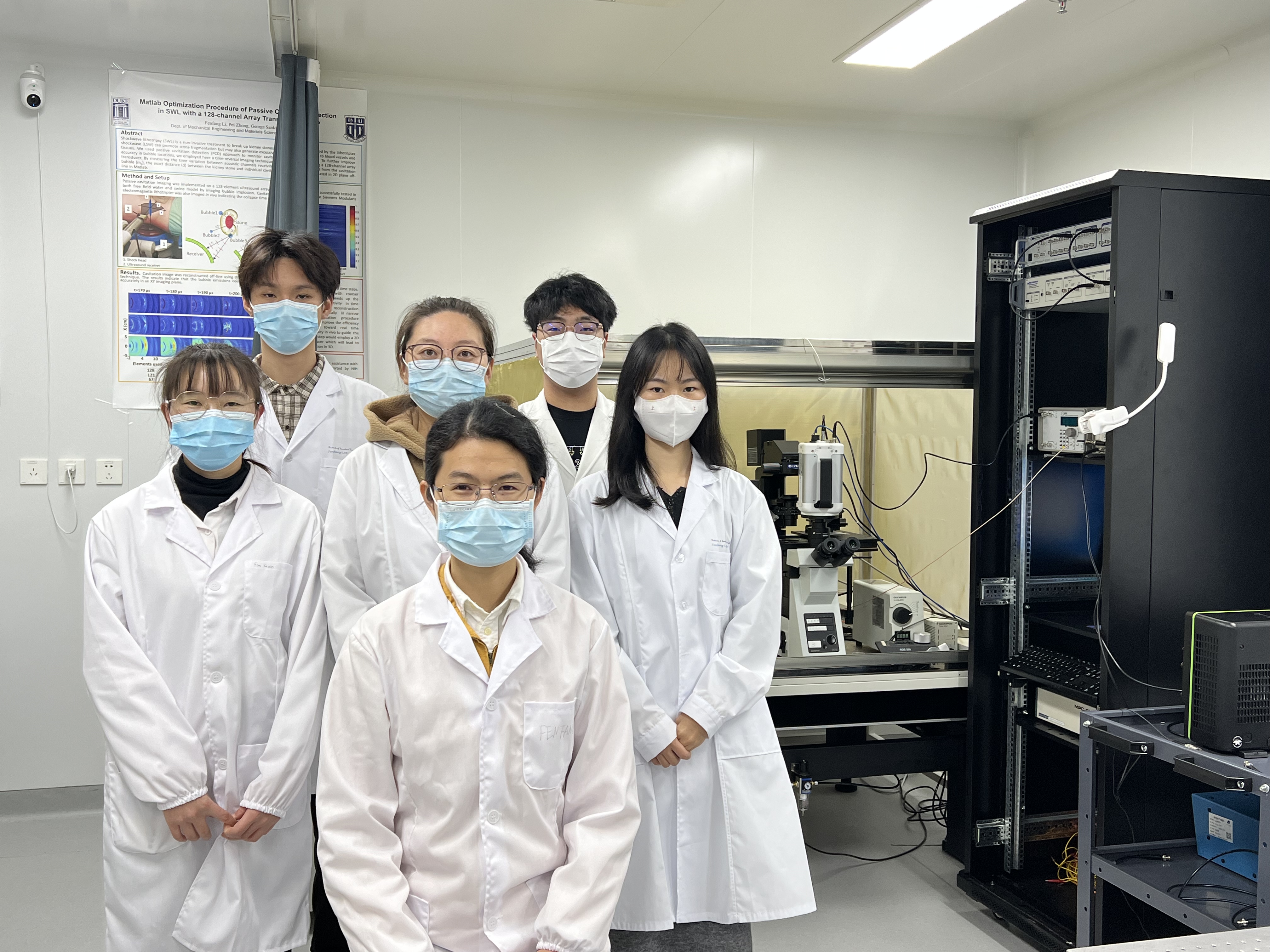
2022-12-15

2022-06-11

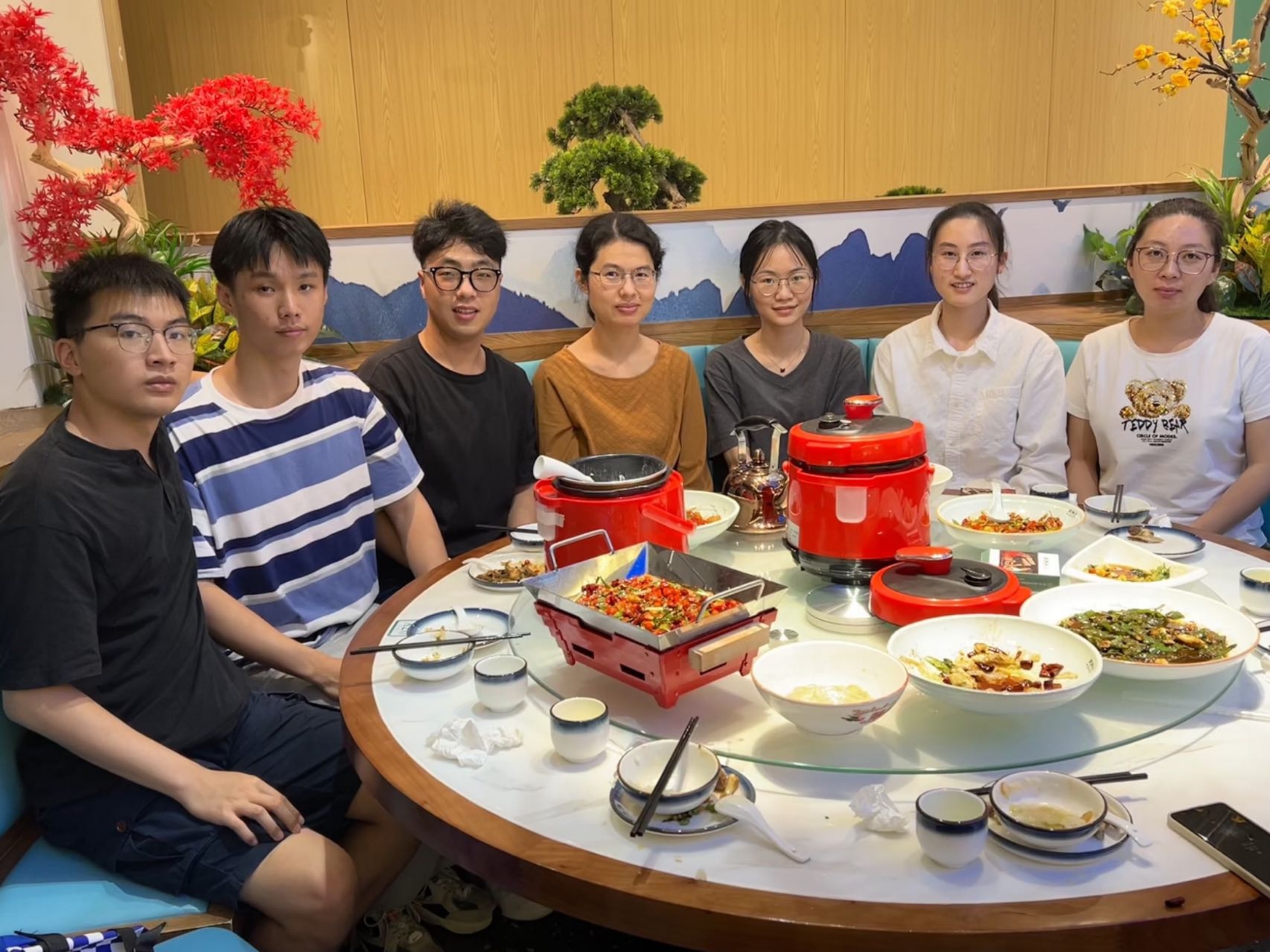
2022-06-06

2022-06-07
